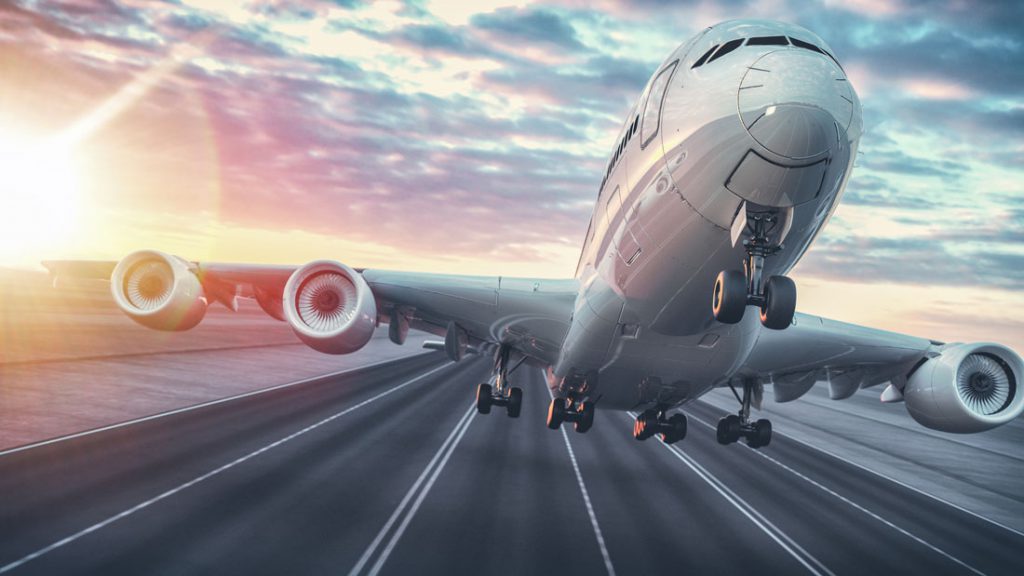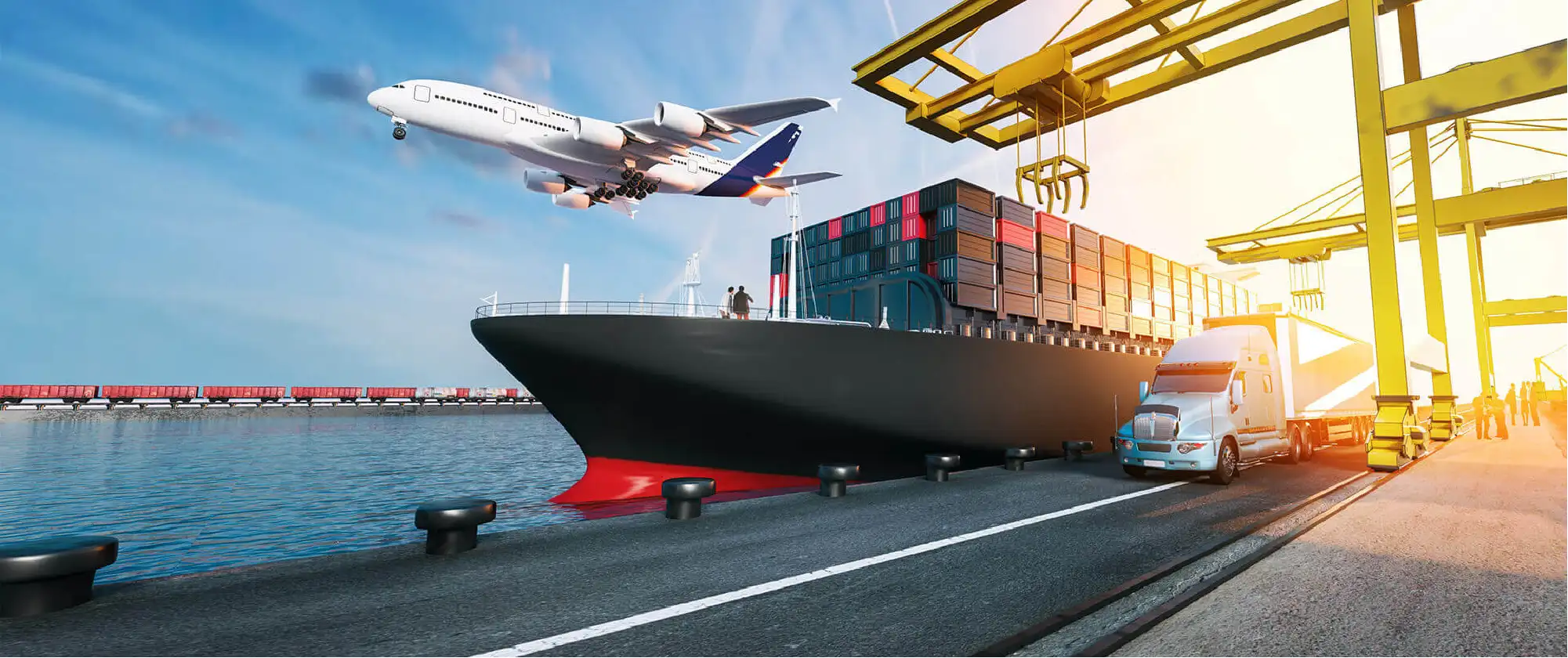
Airplanes have undeniably revolutionized the way we travel, connecting people across continents and shrinking the world. Beyond the obvious convenience of air travel, there are numerous benefits that airplanes bring to our lives. In this article, we will explore the multifaceted advantages of airplanes, ranging from economic growth and cultural exchange to environmental considerations and humanitarian aid.
- Global Connectivity:
Airplanes have transformed the world into a global village, enabling people to travel quickly and efficiently across vast distances. This connectivity has facilitated international trade, tourism, and cultural exchange, fostering economic growth and understanding between nations. By bridging geographical gaps, airplanes have opened up new opportunities for businesses, creating jobs and boosting economies worldwide. - Time Efficiency:
One of the most significant benefits of airplanes is their ability to save time. Unlike other modes of transportation, airplanes can cover long distances in a fraction of the time. This time efficiency is particularly crucial for business travelers, emergency medical services, and individuals seeking to reunite with loved ones in distant locations. By reducing travel time, airplanes enhance productivity, improve quality of life, and facilitate global collaboration. - Accessibility and Mobility:
Airplanes have made remote and isolated regions more accessible, connecting communities that were once cut off from the rest of the world. This increased mobility has brought essential services such as healthcare, education, and supplies to underserved areas. Additionally, air travel has empowered individuals with limited mobility or physical disabilities to explore the world, promoting inclusivity and equal opportunities. - Environmental Considerations:
While airplanes contribute to greenhouse gas emissions, advancements in technology and sustainable practices are mitigating their environmental impact. Modern aircraft are designed to be more fuel-efficient, reducing carbon emissions per passenger mile. Furthermore, ongoing research and development in alternative fuels, such as biofuels and electric propulsion, hold the promise of further reducing aviation's carbon footprint. Additionally, the aviation industry actively participates in carbon offset programs, investing in renewable energy projects and environmental initiatives. - Humanitarian Aid and Disaster Relief:
Airplanes play a crucial role in delivering humanitarian aid and disaster relief to affected regions worldwide. During emergencies, airplanes transport essential supplies, medical teams, and equipment to areas in need, providing life-saving assistance. Their ability to quickly reach remote and disaster-stricken areas makes airplanes indispensable in times of crisis, facilitating rescue operations and supporting recovery efforts.
Conclusion:
The benefits of airplanes extend far beyond their ability to transport passengers from one destination to another. From fostering economic growth and cultural exchange to enabling global connectivity and humanitarian aid, airplanes have become an integral part of our modern world. As we continue to innovate and prioritize sustainability, airplanes will continue to shape our future, connecting people, cultures, and ideas across borders.





